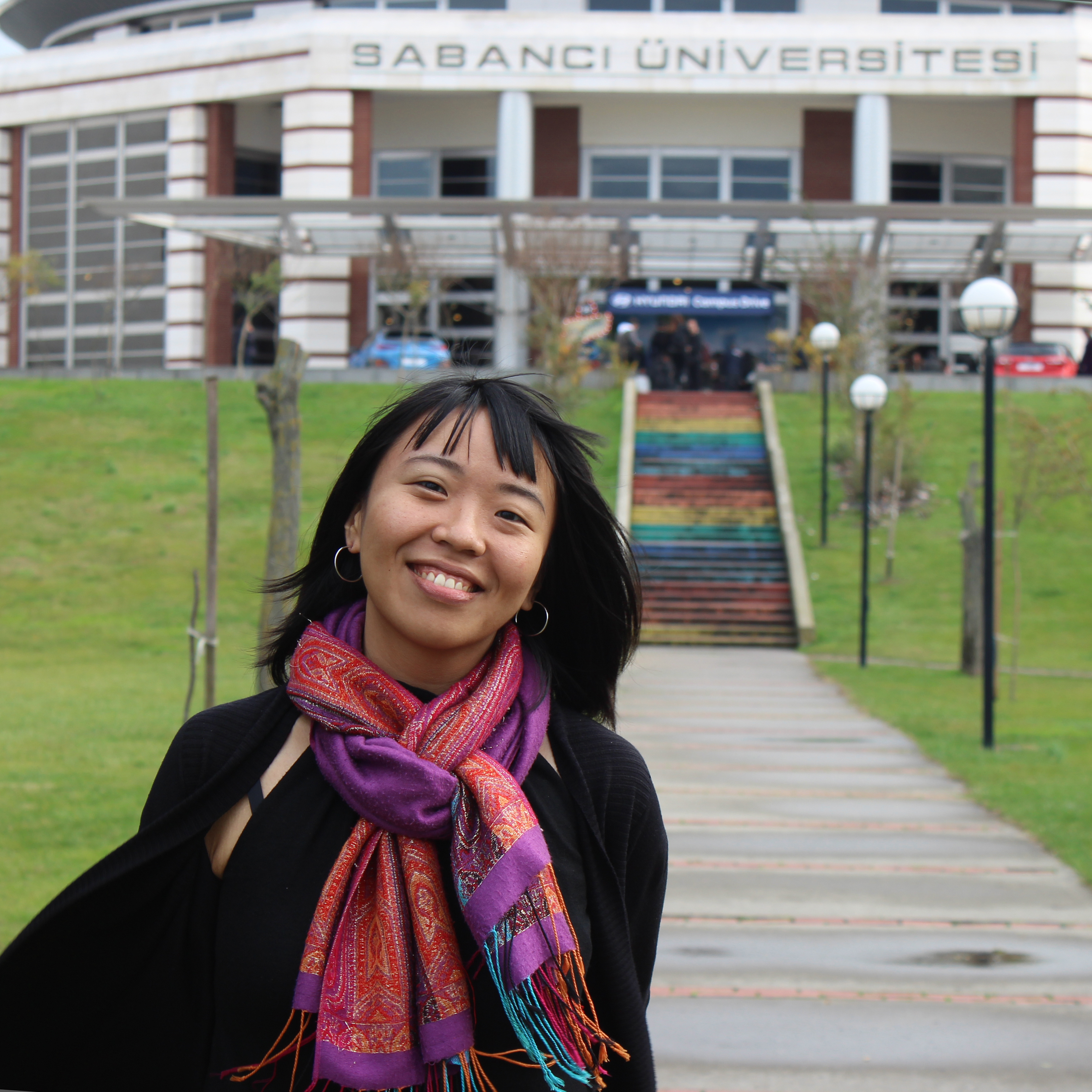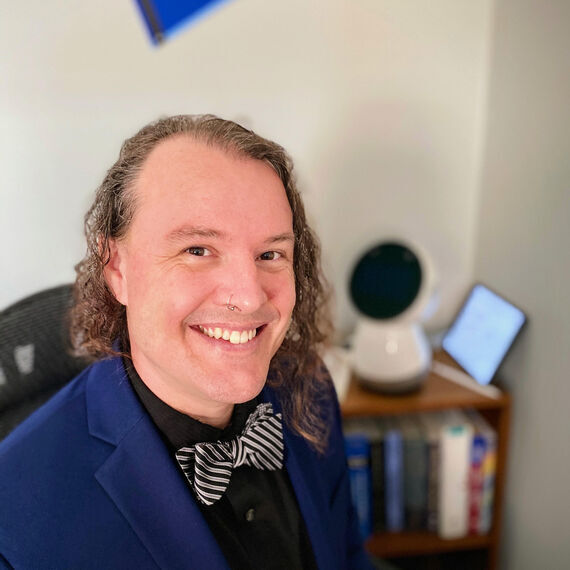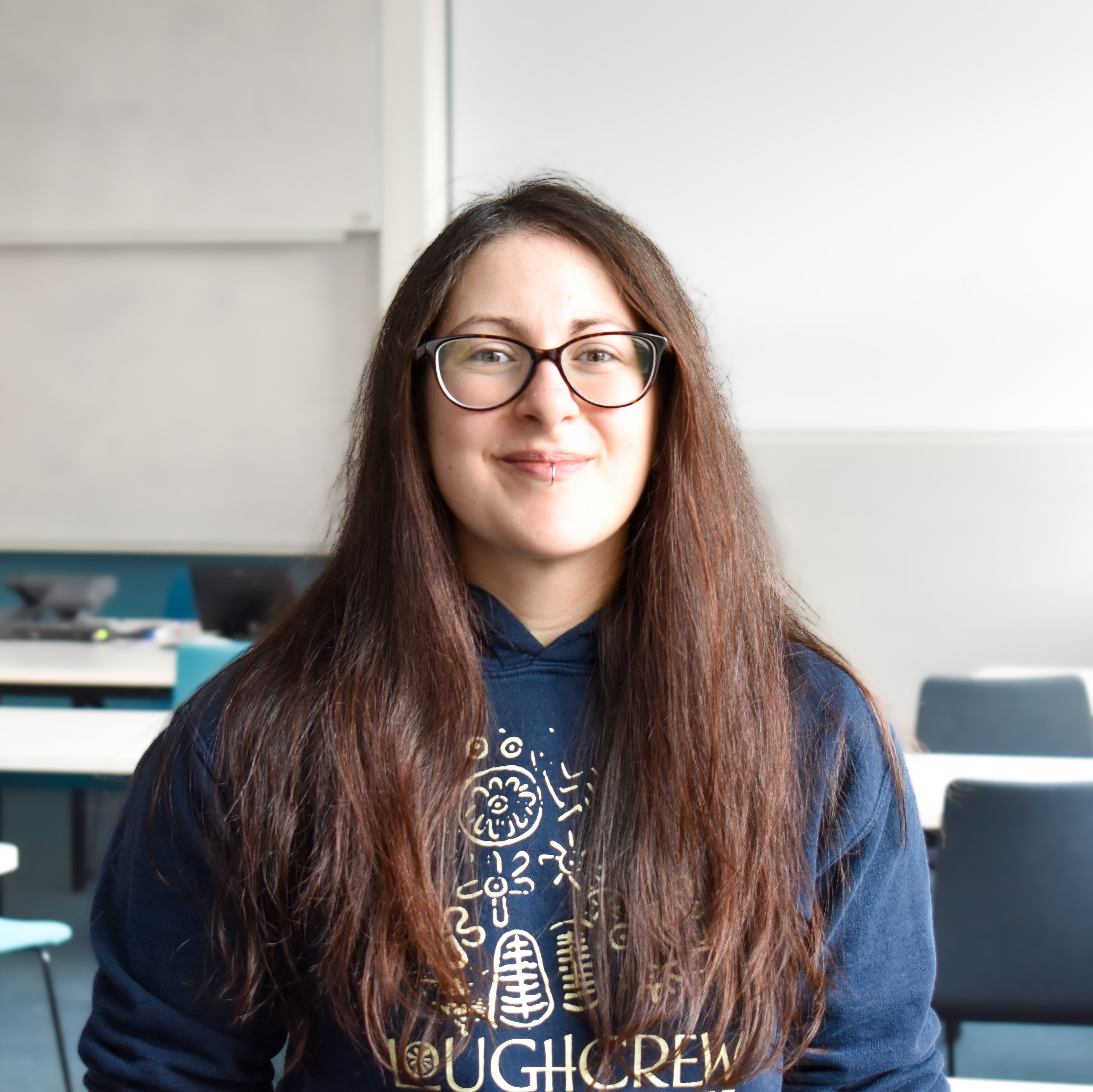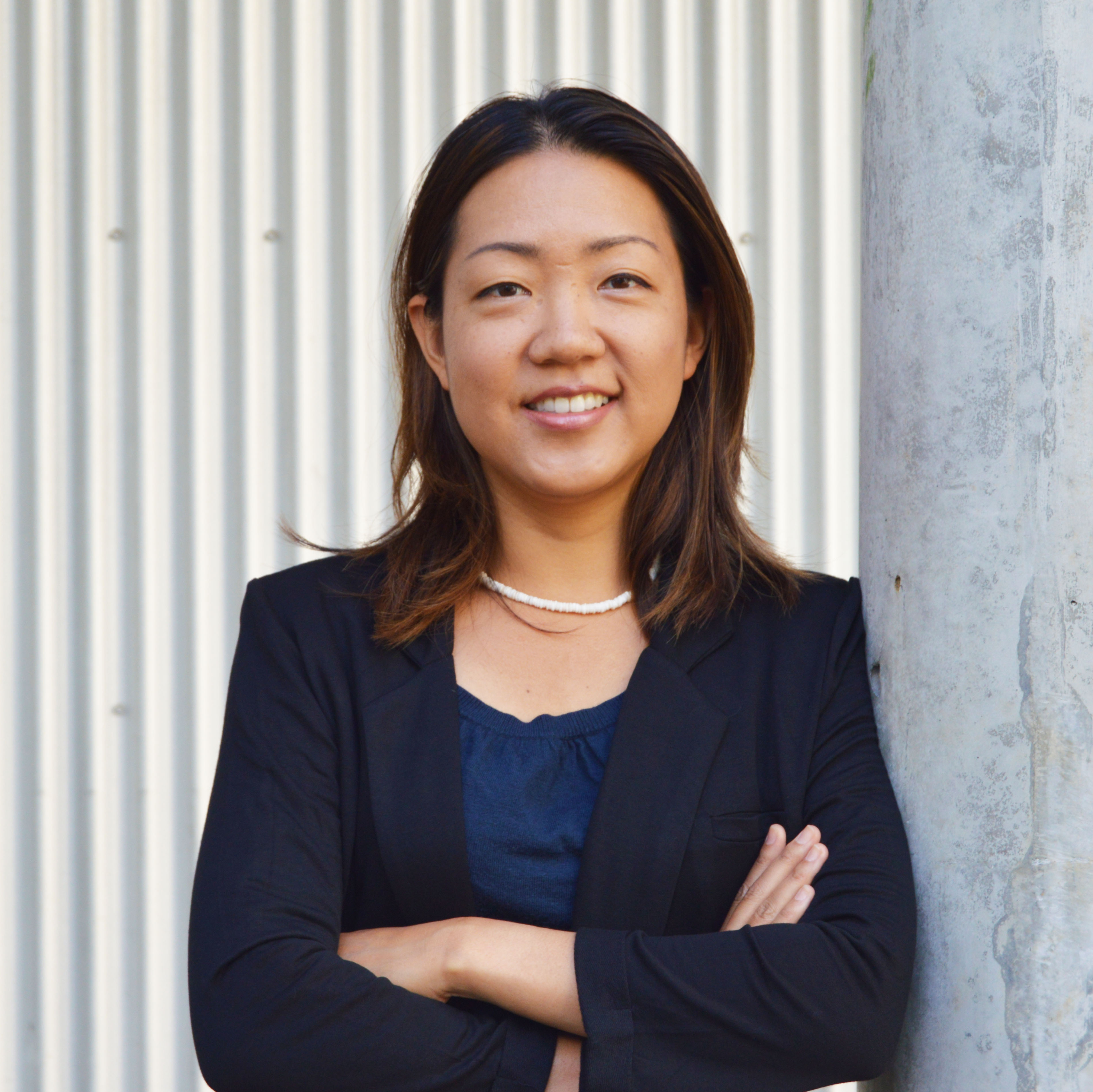NOTE: We are still working on the program and are adding more information as we go along.
Keynotes

Tapomayukh ''Tapo'' Bhattacharjee is an Assistant Professor in the Department of Computer Science at Cornell University where he directs the EmPRISE Lab (https://emprise.cs.cornell.edu/). He completed his Ph.D. in Robotics from Georgia Institute of Technology and was an NIH Ruth L. Kirschstein NRSA postdoctoral research associate in Computer Science & Engineering at the University of Washington. He wants to enable robots to assist people with mobility limitations with activities of daily living. His work spans the fields of human-robot interaction, haptic perception, and robot manipulation and focuses on addressing the fundamental research question on how to leverage robot-world physical interactions in unstructured human environments to perform relevant activities of daily living. He is the recipient of NSF CAREER Award’23 and his work has won Best RoboCup Paper Award at IROS’22, Best Paper Award Finalist and Best Student Paper Award Finalist at IROS’22, Best Technical Advances Paper Award at HRI'19, and Best Demonstration Award at NeurIPS’18. His work has also been featured in many media outlets including the BBC, Reuters, New York Times, IEEE Spectrum, and GeekWire and his robot-assisted feeding work was selected to be one of the best interactive designs of 2019 by Fast Company.

Kerstin Fischer is professor for Language and Technology Interaction at the University of Southern Denmark and director of the Human-Robot Interaction Lab in Sonderborg. Kerstin is senior associate editor of the journal ACM Transactions on Human-Robot Interaction and associate editor of the book series ‘Studies in Pragmatics’ (Brill). She has written 3 monographs, 35 journal articles and more than 100 conference papers, in which she brings her background in linguistics, communication and multimodal interaction analysis to the study of behavior change, persuasive technology and human-robot interaction.
Academic Panel

Dr. Junko Kanero is an Assistant Professor of Psychology and the Principal Investigator of the Mind, Language, & Technology Lab (MLT Lab) at Sabancı University (Istanbul, Türkiye). For her undergraduate degree, she studied Cognitive Science, Arabic and Islamic Studies, and Robotics at Keio University (Tokyo, Japan). She then obtained a Ph.D. in Developmental Psychology and Neuroscience at Temple University (Philadelphia, USA), and worked at Koç University (Istanbul, Türkiye). She conducts experimental HRI research using theories and methodologies in psychology and cognitive science. Her HRI research explores the use of robots in language education and other social and communicative settings with special focuses on individual differences and embodiment.

Jason ''Willie'' Wilson is an Assistant Professor in the Computer Science Department at Franklin & Marshall College, a small liberal arts college in central Pennsylvania, where he leads the F&M CARES Lab (https://fandm-cares.github.io). He completed a Joint-Ph.D. in Computer Science and Cognitive Science from Tufts University and was a postdoctoral associate in the Computer Science Department at Northwestern University. His research goal is to ensure that robots behave in a manner that protects the humanity and dignity of individuals, particularly vulnerable populations who are most at risk of harm. Towards this goal, his interdisciplinary research focuses on how a robot's social behavior and reasoning can foster a healthy and effective interaction. His recent publications include work on interpreting user social signals to understand how much help a user needs, recognizing the goals of a user, and generating a social robot's assistive behaviors. He is also the recipient of the Best Paper Award at the 2023 AI-HRI Symposium. Willie was a HRI Pioneer in 2016 in Christchurch, New Zealand, and he is one of the lead organizers of the inaugural TAHRI symposium.

Dr. Marta Romeo is an Assistant Professor in the Computer Science department in the School of MACS (Mathematical and Computer Sciences) at Heriot-Watt University. She got her bachelor and master degrees in Engineering of Computing Systems at Politecnico di Milano (Italy) and she moved to the UK to pursue a PhD in Computer Science. She got her PhD in 2020 from the University of Manchester on human-robot interaction and deep learning for companionship in elderly care, working in the H2020 Project MoveCare (Multiple-Actors Virtual Empathic Caregiver for the Elder). She is currently a Co-I for the UKRI Node on Trust, working on how trust in human-robot interactions is built, maintained and recovered when lost. Her research focuses on developing social intelligent robots, adapting to their users for an increased acceptability and usability. She is interested in human-robot interaction, social robotics, failures and repairs in interactions between humans and robots, and healthcare technologies.

Dr. Ilaria Torre is an Assistant Professor in Human-Robot Interaction at Chalmers University of Technology. Her research focuses on verbal and nonverbal communication between humans and robots, with the aim of generating appropriate and intuitive communication methods for different contexts. This ranges from designing and creating different voices for robots (e.g. gender-ambiguous voices, with the aim of reducing gendering of robots and subsequent gender-based stereotyping) to sonifying robot’s actions and intentions to communicate intuitively with human passers-by. She obtained her PhD from the University of Plymouth in 2017, and later she was a postdoctoral fellow at Trinity College Dublin and at the Royal Institute of Technology (KTH) in Stockholm, before starting her current position in May 2023. Her background is in Linguistics (Phonetics) and her research methods and approaches are highly interdisciplinary, ranging from Cognitive Science, to Computer Science and Engineering, to Speech Technologies. She has been in the HRI community for several years, serving as one of the local chairs at HRI 2023 in Stockholm.
Industry Panel

Leila Takayama is a Human-Robot Interaction (HRI) specialist in the psychology of people's interactions with robotic products and services. She was an HRI Pioneer in 2008 (Amsterdam). Dr. Takayama received her BAs in Cognitive Science and Psychology from UC Berkeley, an MA in Communication from Stanford University, and a PhD in Communication at Stanford University. She currently serves as the VP of Design and HRI at Robust.AI. Prior to joining Robust.AI, she worked at Willow Garage, GoogleX, and Nokia Research. Through her Hoku Labs consulting work, she translates HRI research into actionable recommendations for the design of robotic products and services. Her clients include Fortune 100 companies, tech startups, and non-profit organizations. Dr. Takayama has contributed to over a dozen robot products that have shipped, including drones in the air; industrial, service, and consumer robots on the ground; and uncrewed robotic systems in the ocean. She has served as a World Economic Forum Global Futures Council Member and Young Global Leader. Her work has been recognized by the IEEE Robotics & Automation Society Early Career Award, MIT Tech Review TR35, and Fast Company (100 most creative people in business). She loves making robots work for people.

Aditi Ramachandran is the Chief Technology Office at Van Robotics, where she leads product and software development. Van Robotics developed ABii, a smart robot tutor that brings personalized learning to K-5 classrooms and was recognized as a Time Best Invention in 2020. Prior to joining Van Robotics, Aditi completed a PhD in Computer Science from Yale University specializing in Human-Robot Interaction. In her research, Aditi focused on building personalized robot tutoring interactions for children with an emphasis on pushing HRI out of the lab and into real-world school settings. Her research inspired her to pursue deploying robot tutors into schools on a larger scale. A strong believer in providing accessible education for all children, Aditi is passionate about Van Robotics and their mission to build effective robot tutors that empower students to learn and grow.

Jin Joo is a Senior HRI Applied Scientist at the Amazon Consumer Robotics group. She holds a PhD from the MIT Media Lab’s Personal Robots Group led by Professor Cynthia Breazeal and a BS/MS in Electrical Engineering from Georgia Tech. She was formerly a Senior Software Developer at the Alexa Devices group and created the first Echo Show with a motorized base. Prior to Amazon, she was a Character AI Engineer at Jibo Inc., creators of the world’s first social robot for the home.

Nick DePalma graduated from MIT in 2017, where he performed research at the intersection of active perception and joint attention for social and interactive agents. Since then, he has joined industry research having worked at Samsung Research, Futurewei, and Facebook AI Research (now Meta AI). He has been published at many interactive agent venues including HRI, ICMI, AISB, RO-MAN, and ICDL. Nick is passionate about open science and open-source communities with an objective of open scientific communication. Presently he is focused on cohesive, open-source interactive robot cognitive architectures through his efforts at Semio Community.

Vivian Chu, CTO and co-founder at Diligent Robotics, is a distinguished innovator specializing in human-robot interaction. Diligent builds artificial intelligence that enables its service robot, Moxi, to execute routine tasks in hospitals so nurses can focus on patient care. Prior to Diligent, Dr. Chu worked on robotics and artificial intelligence research at Google[X], Honda Research Institute, and IBM Research in Almaden. She completed her Ph.D. in Robotics at Georgia Tech, her M.S.E. in Robotics from the University of Pennsylvania, and her B.S. degree in Electrical Engineering and Computer Science from the University of California, Berkeley. Dr. Chu was recognized as a Fortune 40 under 40 honoree in 2022, a Georgia Tech College of Computing Hall of Fame recipient in 2022, and a MIT Technology Review 35 Under 35 honoree in 2019. For the past three years, she was included on Fast Company’s Queer 50 list, recognizing LGBTQ women and nonbinary innovators in business and tech. She was awarded Best Cognitive Robotics Paper Award at ICRA 2013. Vivian lives by the philosophy that nothing easy is worth doing and brings this passion into her role driving the direction and roadmap for the company.
Important Dates
October 7th, 2023:- Submissions open
November 2nd, 2023 (11:59 PM AOE)- Submission deadline
December 18th, 2023- Notification of acceptance
January 14th, 2024- Camera-ready deadline
January 24th, 2024- Video deadline
- March 11th, 2024
- HRI Pioneers Workshop
- March 12th-14th, 2024
- HRI Main Conference